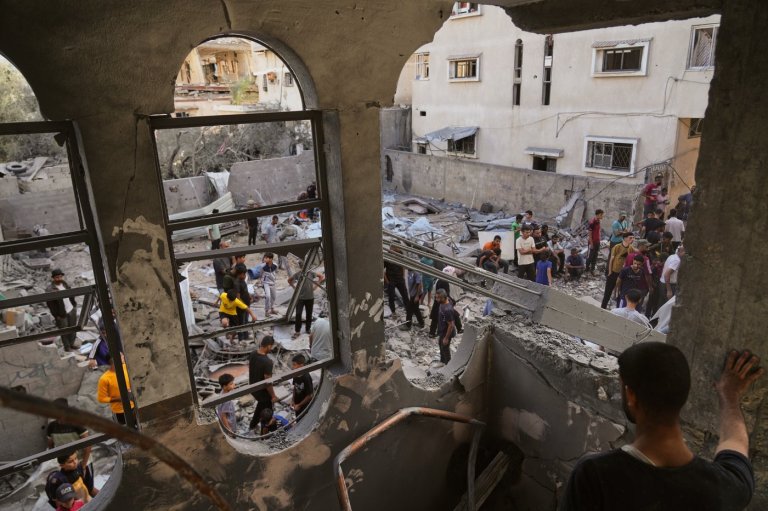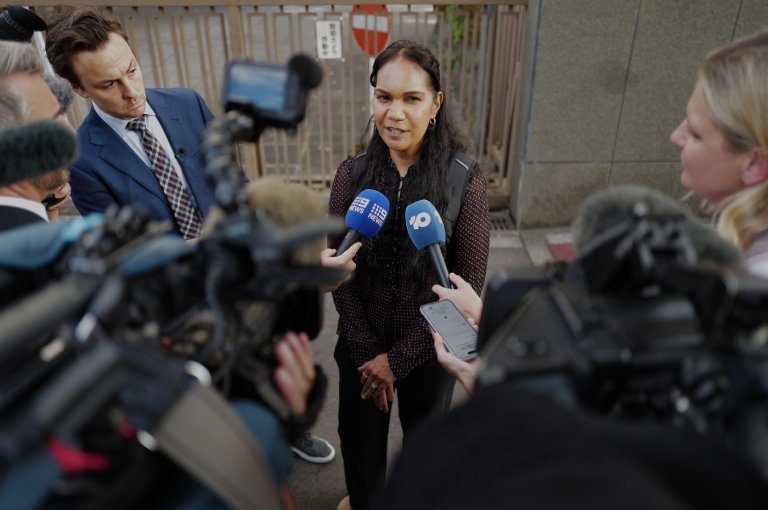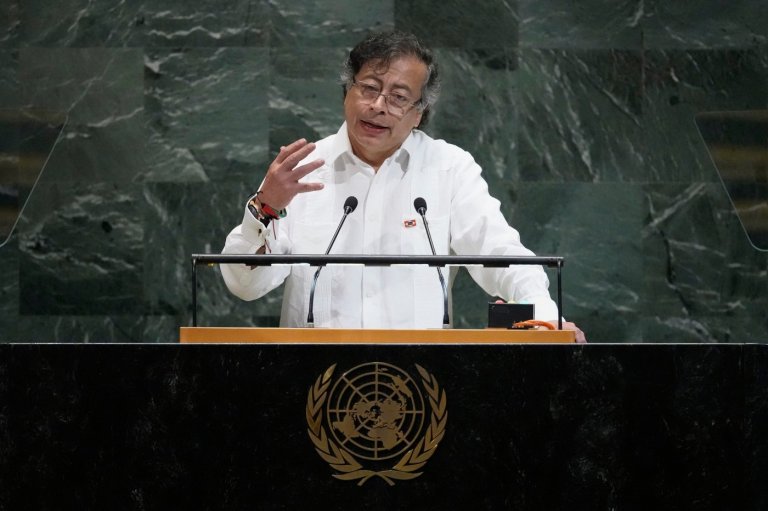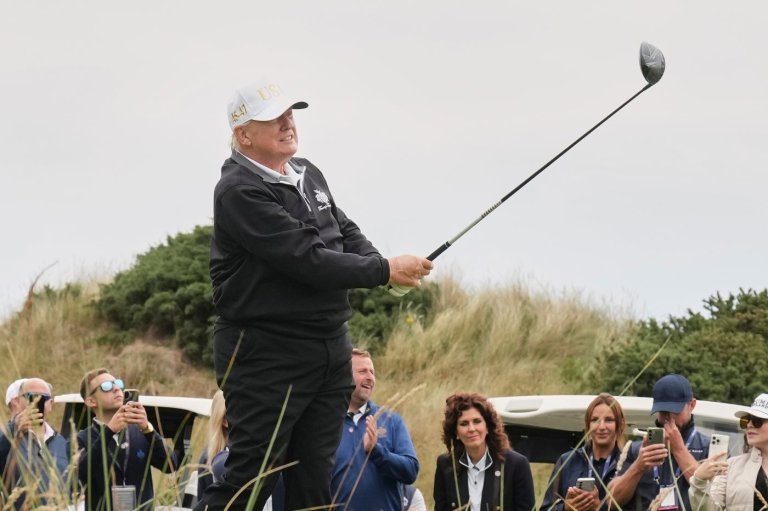New dispute breaks out between Poland, Russia over World War II remembrance in May
WARSAW, Poland – A new dispute concerning World War II remembrance has erupted between Poland and Russia — the third such controversy in recent weeks and a sign of deteriorating relations between the two neighbours over Russian actions in Ukraine.
The Polish Foreign Ministry said Tuesday it sent a note of protest to the Russian ambassador a day earlier over language used by Grigory Karasin, a Russian deputy foreign minister. In a statement the Polish ministry condemned what it called “the brutalization of language that is outside the norms of diplomacy.”
The clash started after Polish President Bronislaw Komorowski said he was considering inviting foreign leaders to Gdansk on May 8 to mark the 70th anniversary of the end of World War II in Europe. That could give Western leaders an excuse to avoid the traditional victory parade at Moscow’s Red Square the next day.
Polish Foreign Minister Grzegorz Schetyna on Monday called the idea “interesting.”
“It’s not natural that tributes marking the end of the war should be organized where the war began,” Schetyna said, apparently referring to the secret German-Soviet pact to carve up Poland in 1939. That was followed by the German attack on Gdansk and then by Russia’s thrust into eastern Poland. Similar arguments flared in 2009 when the war’s start was commemorated.
Officials in Russia prefer to stress the heroic Soviet role alongside the Allies in defeating Nazi Germany. The Red Army joined the Allied side after Adolf Hitler turned against Josef Stalin and invaded the Soviet Union in 1941.
Karasin said Schetyna’s remarks could not be taken seriously.
“In my view, after this gentleman’s well-known statements about Auschwitz, he is trying to disgrace not only his own name but the diplomatic service of Poland, because trying so clumsily and awkwardly to revise the outcome of World War II and the role of the Soviet Union as the winner indeed looks odious,” Karasin said.
Schetyna recently infuriated many Russians by crediting Ukrainians for liberating Auschwitz, when in fact it was a Red Army force made up of many nationalities.
In the other recent controversy, Poland snubbed Russian President Vladimir Putin by failing to invite him to ceremonies last week marking the 70th anniversary of the Soviet army’s liberation of Auschwitz.
___
Associated Press writer Lynn Berry in Moscow contributed to this report.
Join the Conversation!
Want to share your thoughts, add context, or connect with others in your community?
You must be logged in to post a comment.

















